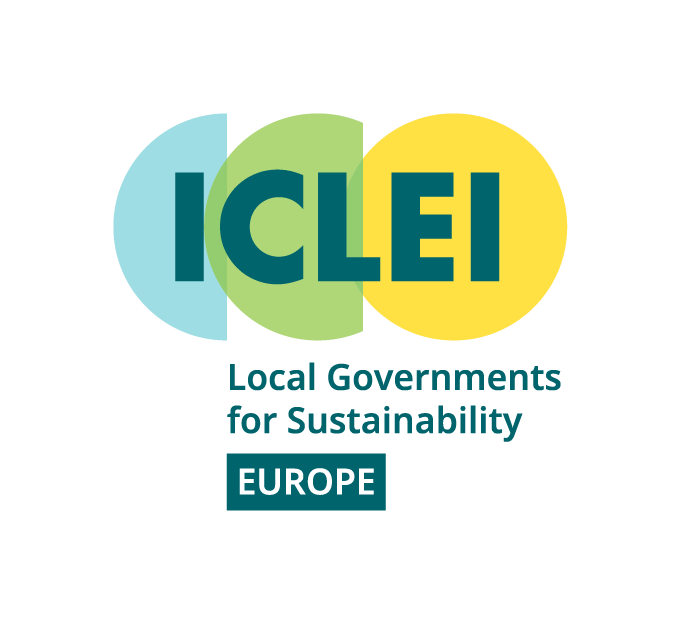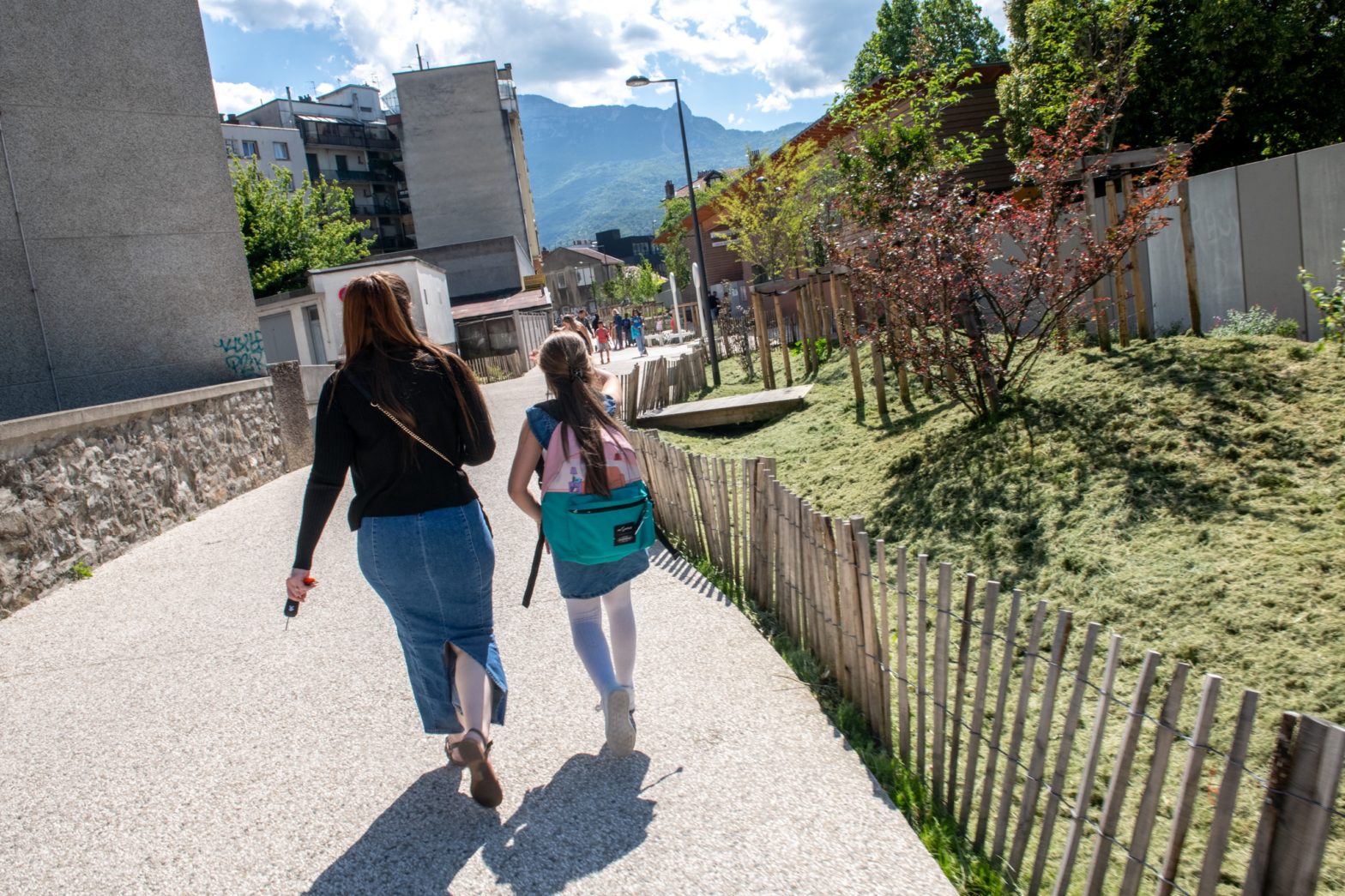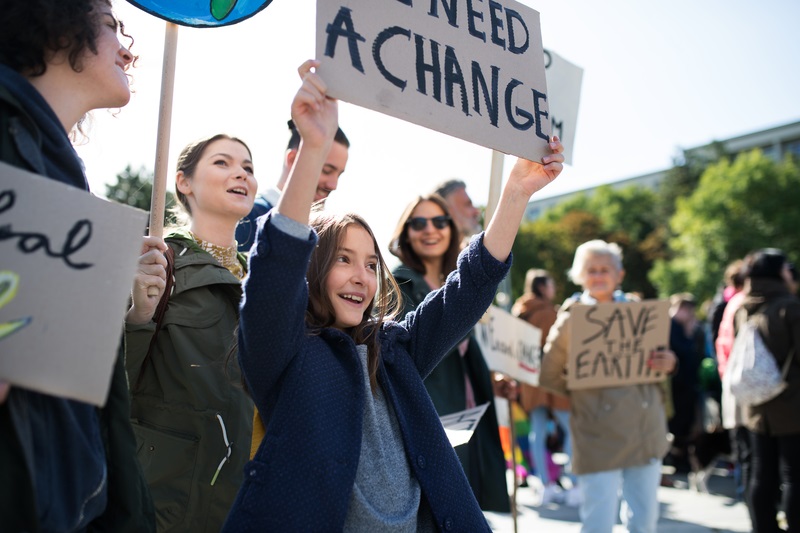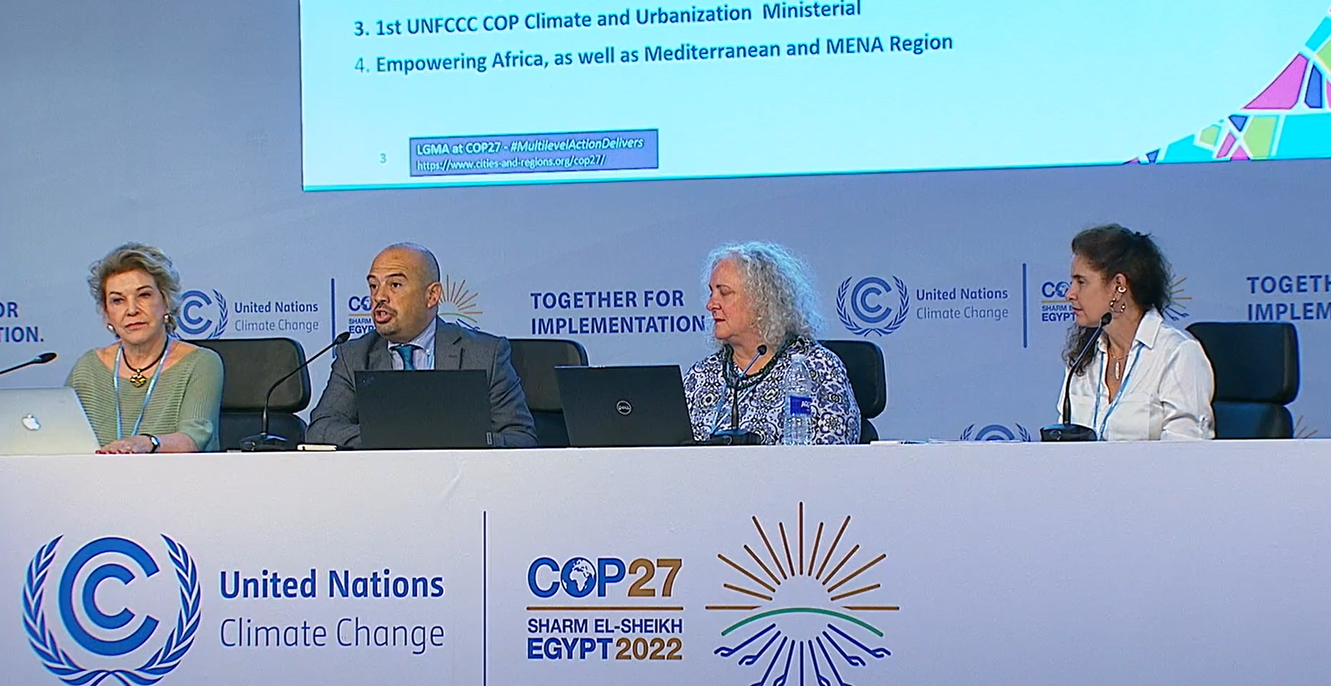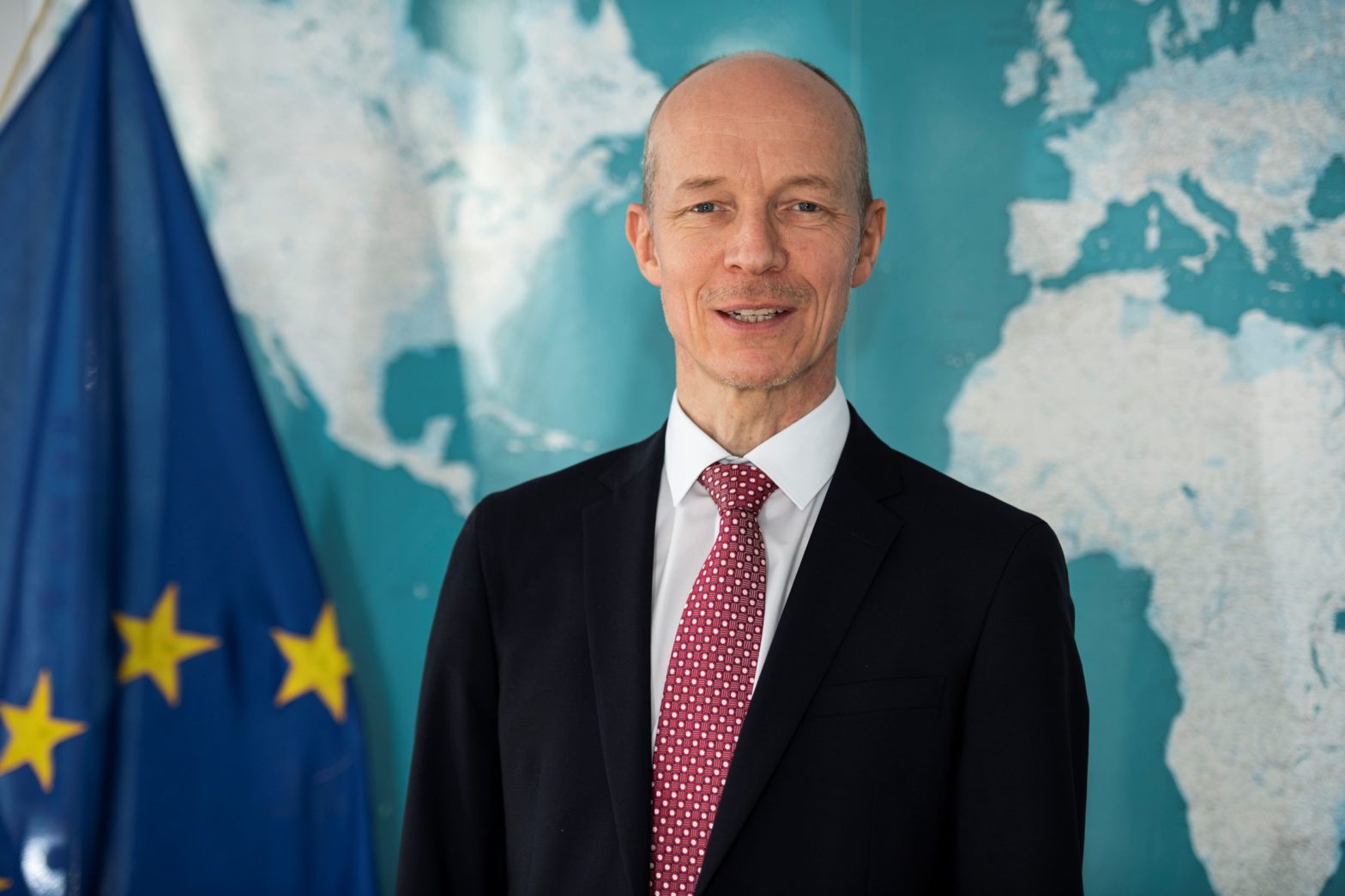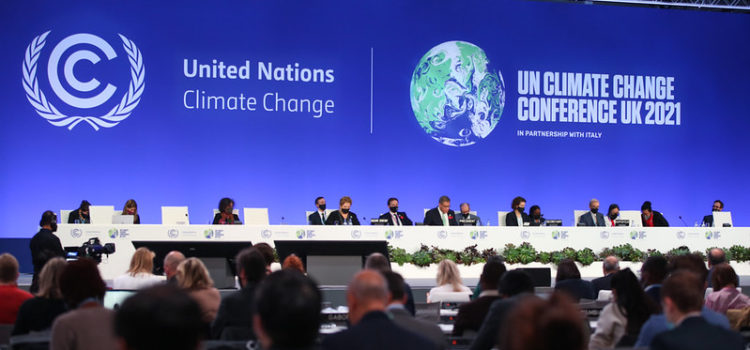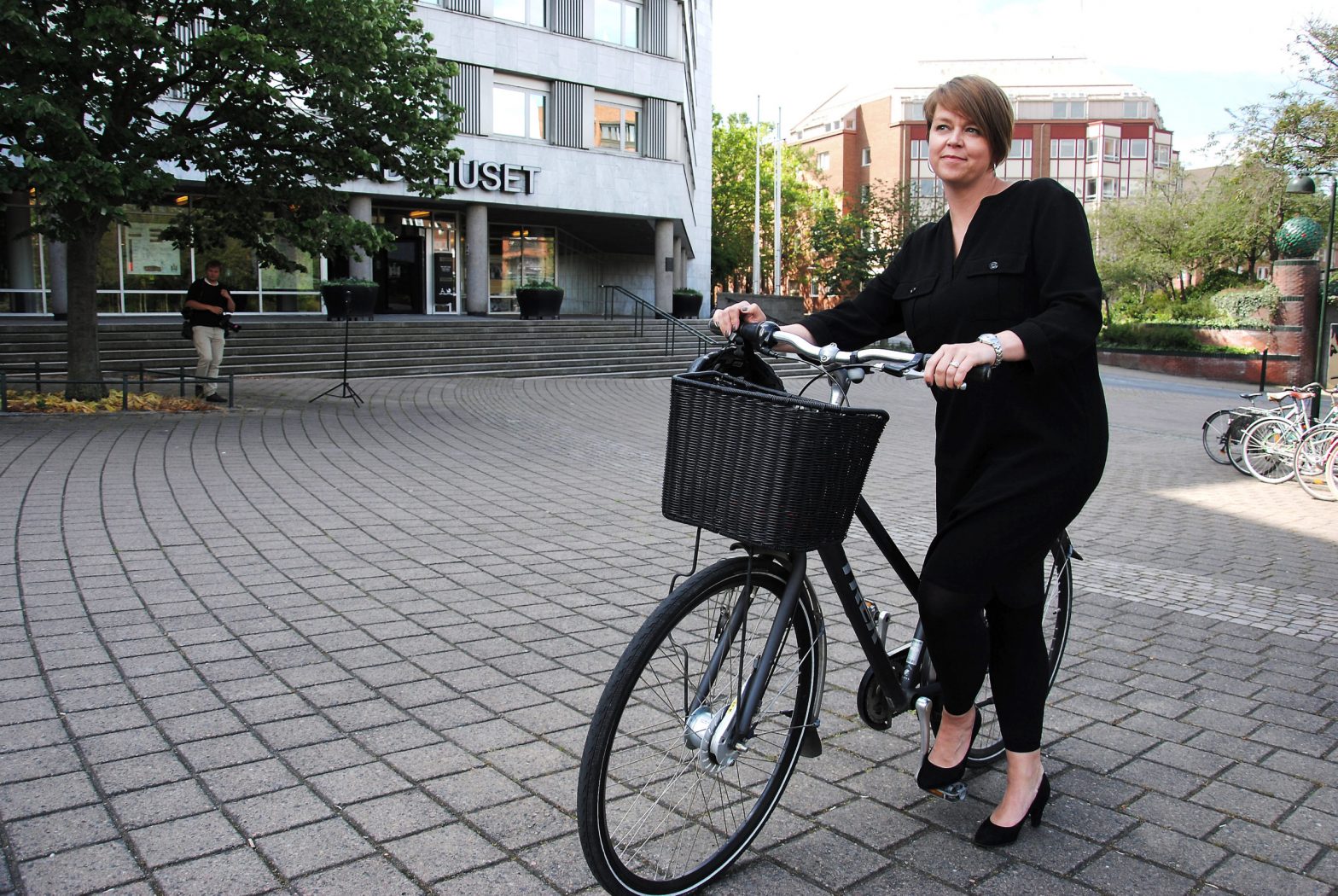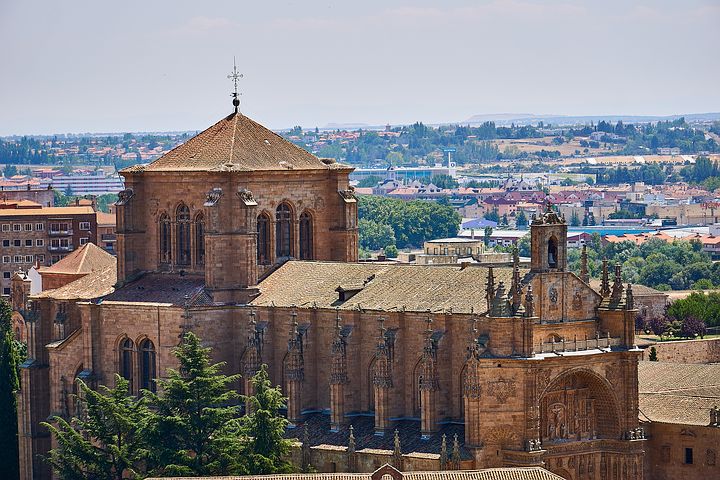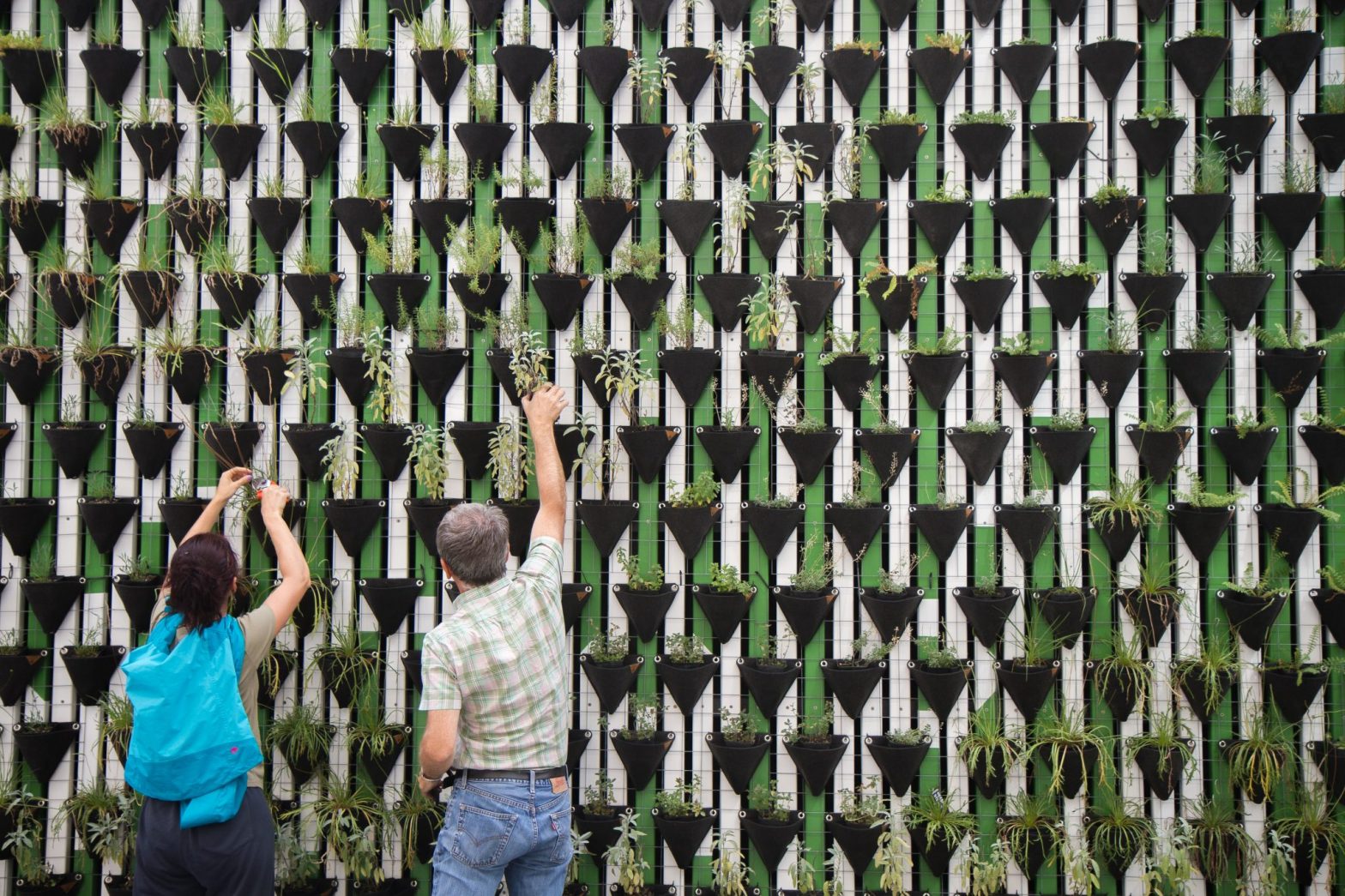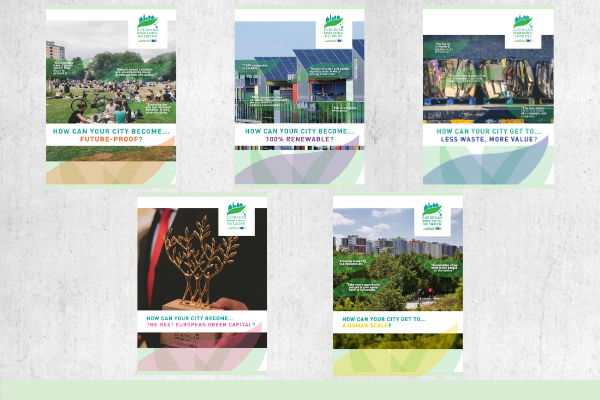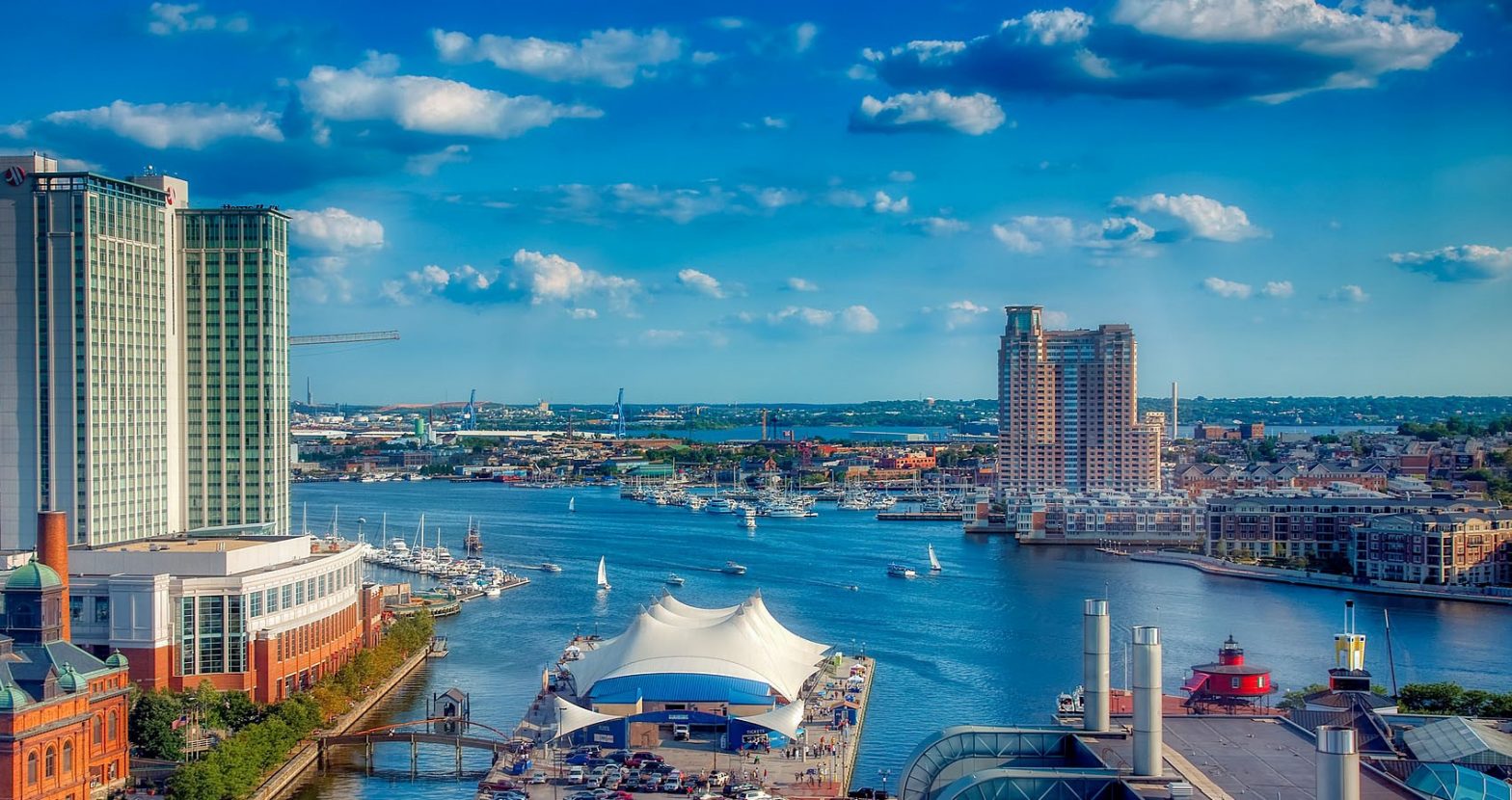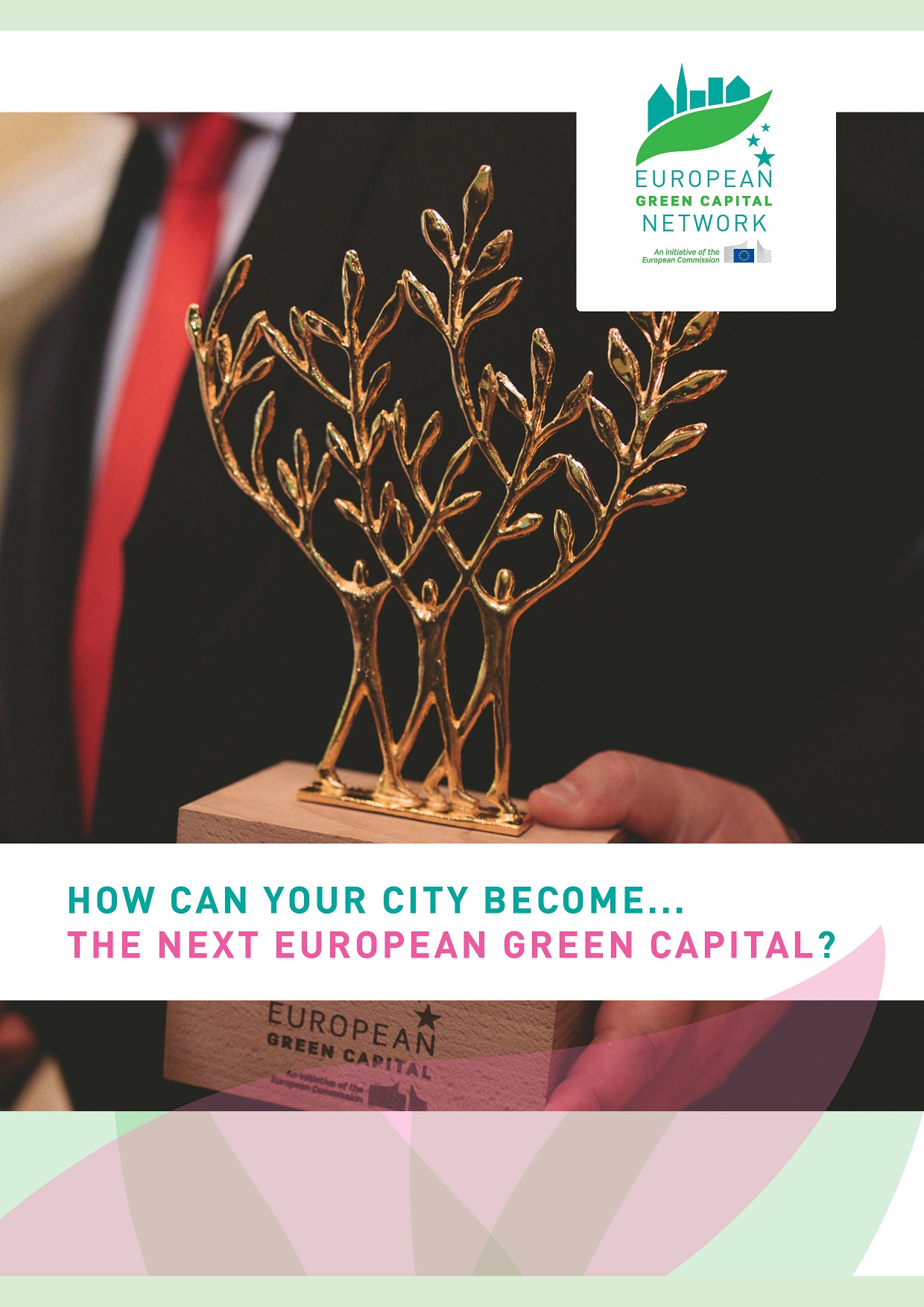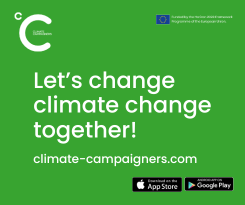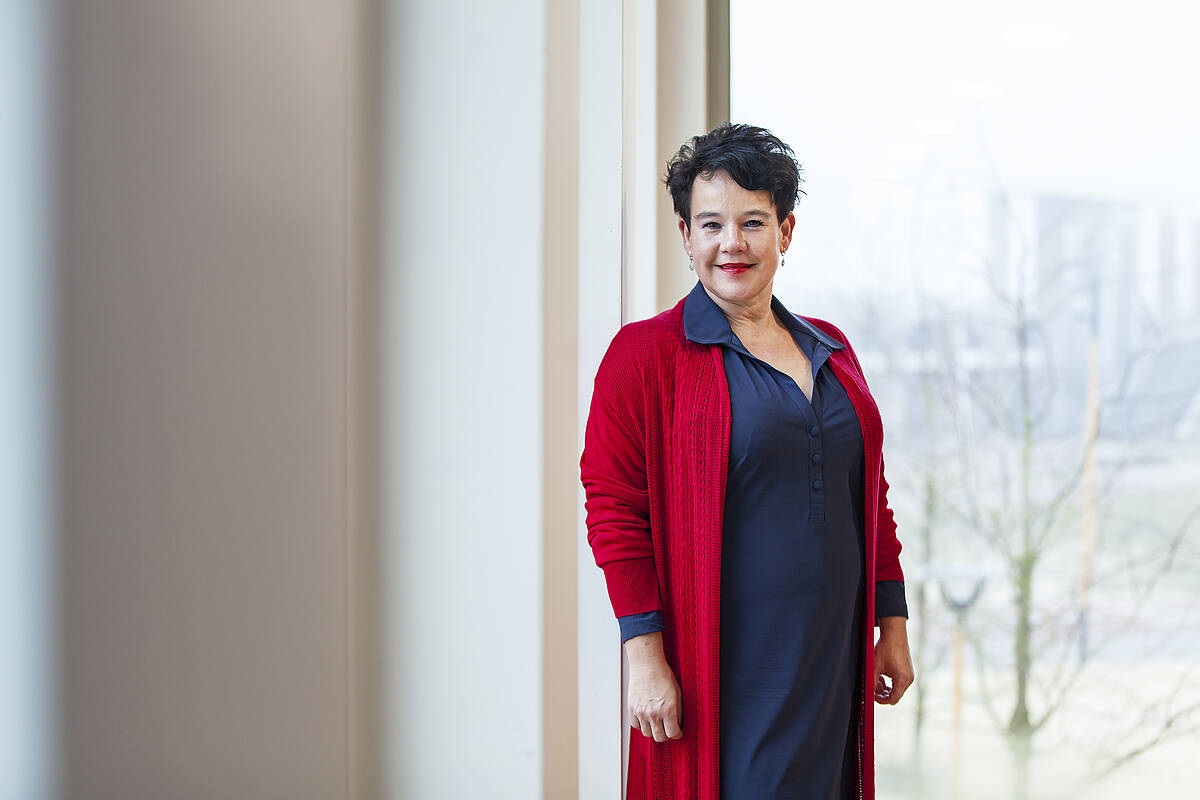
Photo: Femke van den Heuvel
Utrecht’s mayor on overcoming climate obstacles
18 November 2022
As COP27 comes to a close, Cities Today spoke to Sharon Dijksma, Mayor of Utrecht in the Netherlands, about cities’ role in tackling the climate crisis and the further co-operation needed to make this a success.
Mayor Dijksma also serves as the Special ICLEI Envoy for UNFCCC COP27 and ahead of the event launched a Call for multi-level action, saying she hoped this would be the last COP where cities are not formally recognised voices on the agenda. It has been signed by more than 60 mayors, local and subnational leaders and non-state actors.
Cities Today (CT): What are your key climate targets in Utrecht?
Sharon Dijksma (SD): Global warming is already noticeable in our city – from heatwaves and droughts to extreme rainfall. This means that in addition to an effective climate policy, climate resilience is crucial. We combine climate mitigation and resilience by decreasing pollution and at the same time allowing nature to grow. Less cars, more trees, so to speak.
CT: What measurable progress have you made towards these goals?
SD: Utrecht has an extensive network of bike infrastructure throughout the city to encourage clean and healthy transportation. And we also have the biggest bike parking garage in the world. Recently we have even turned a four-lane highway that used to be a historic canal going straight to the city back to its original state. Now rainwater can be stored, and nature is allowed to flourish again.
CT: What are your main challenges in meeting these goals?
SD: Utrecht is working hard to become climate neutral but as a city, we cannot do it alone. For us to succeed, multi-level governance is essential. Utrecht will work together with the European Commission, our national government and other ambitious cities to develop pathways that lead to zero-emission cities. An essential part of this collaboration is to tackle legislative and financial bottlenecks that stand in the way of climate neutrality.
CT: As a city mayor, what outcomes would you like to see from COP27?
SD: For the first time in the history of the UNFCCC Climate Change Conference, a Ministerial conference on Climate and Urbanisation [was] organised. That is an exciting first step, initiated by the Egyptian presidency. Now we should strive towards a more prominent role of cities in the international climate agenda. It is time for real multi-level collaboration on all levels to keep the Paris goal of 1.5 degrees alive. A way to do this is to include cities in the Nationally Determined Contributions submitted to the UNFCCC.
CT: You have previously talked about the need for cities to be given more power in tackling the climate crisis. What changes would you specifically like to see?
SD: My goal as Special Envoy is to make sure cities are included in global policy-making on climate and the upcoming climate summits. Without cities it will be impossible to tackle global warming – 68 percent of the world’s population will live in cities by 2050 and cities and their regions will be responsible for over 70 percent of total CO2 emissions. Cities therefore hold the key to the green transition. Moreover, cities want to lead the way. They facilitate innovation and have the capacity to invest on a large scale in clean mobility, green construction and creating a sustainable energy supply. As mentioned before, it is essential to tackle legislative and financial bottlenecks that stand in the way of this mission.
CT: How is the energy crisis affecting city operations and residents in Utrecht?
SD: Our residents are mainly affected by rising energy prices and the financial challenges that come with this. Of course, we do our best to support those in need as well as possible. At the same time, we are fortunate that many of our residents are concerned about the climate crisis and were already taking measures. We see that some people are also using this momentum to become more sustainable – for example, by insulating their houses or saving energy in other ways.
CT: How are you responding and as a city what additional support do you need?
SD: One of the additional things we can do as a city is speed up the tempo in which we are renovating and insulating social housing. But in order to achieve this, we need financial support from our national government. Since we’re also facing shortages in the labour market, sufficient personnel to execute this is also a challenge in which we need direction from the national government.


